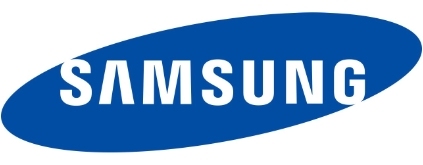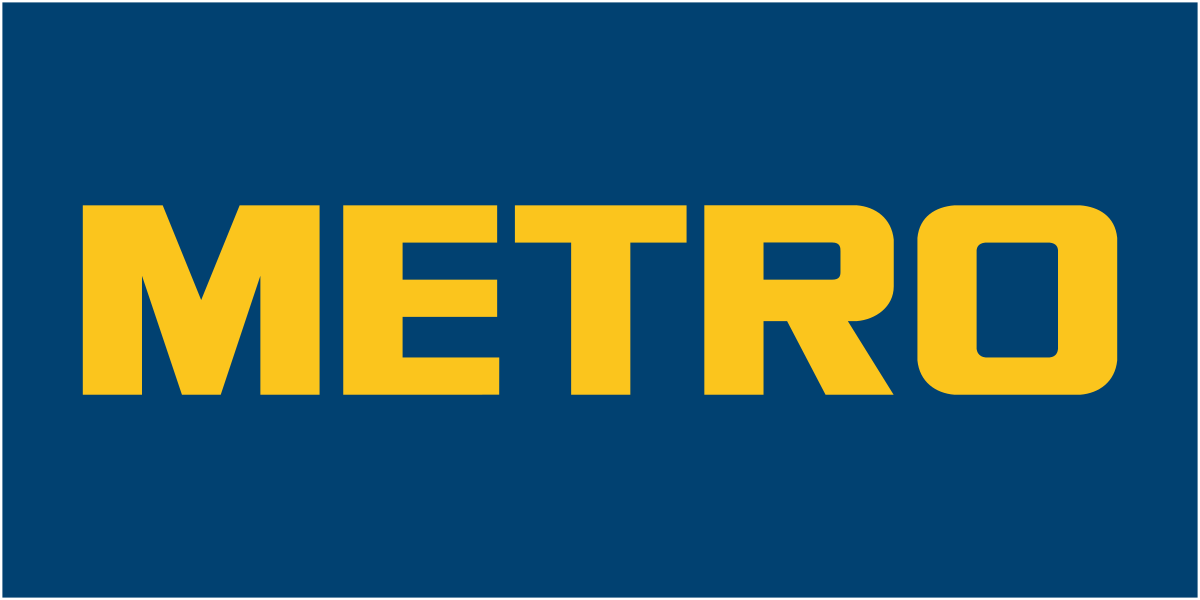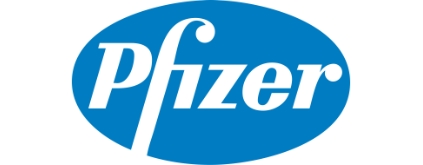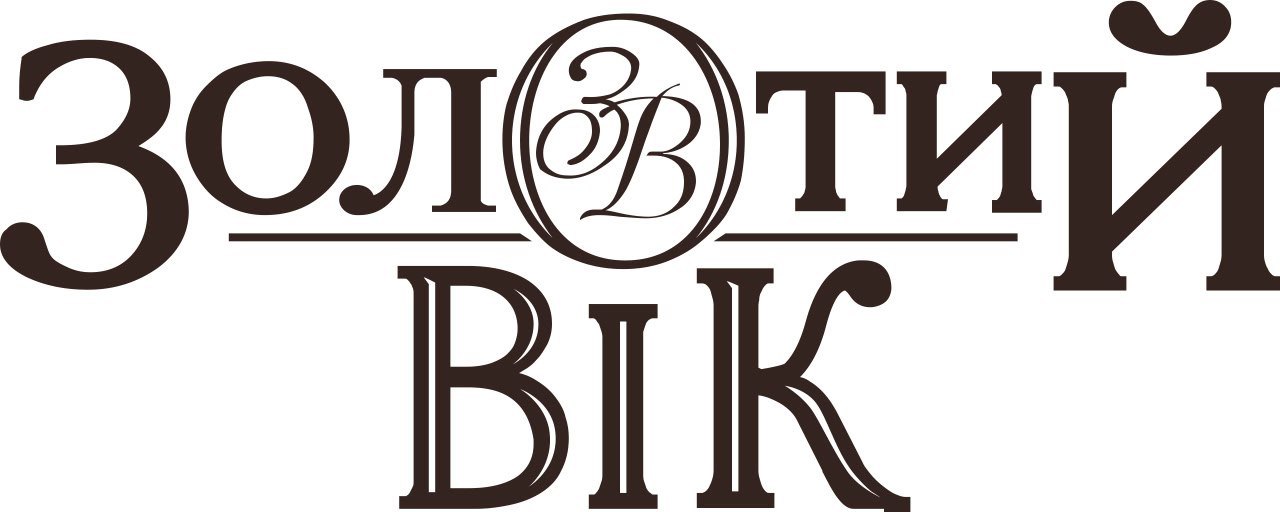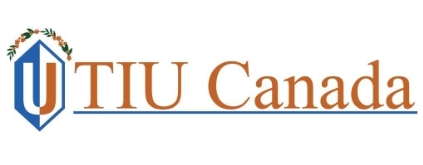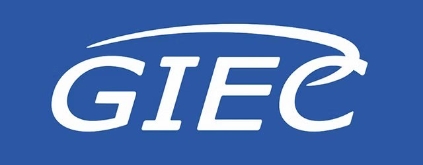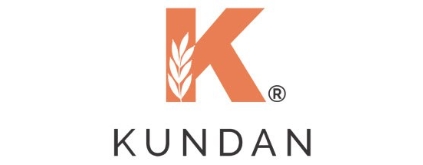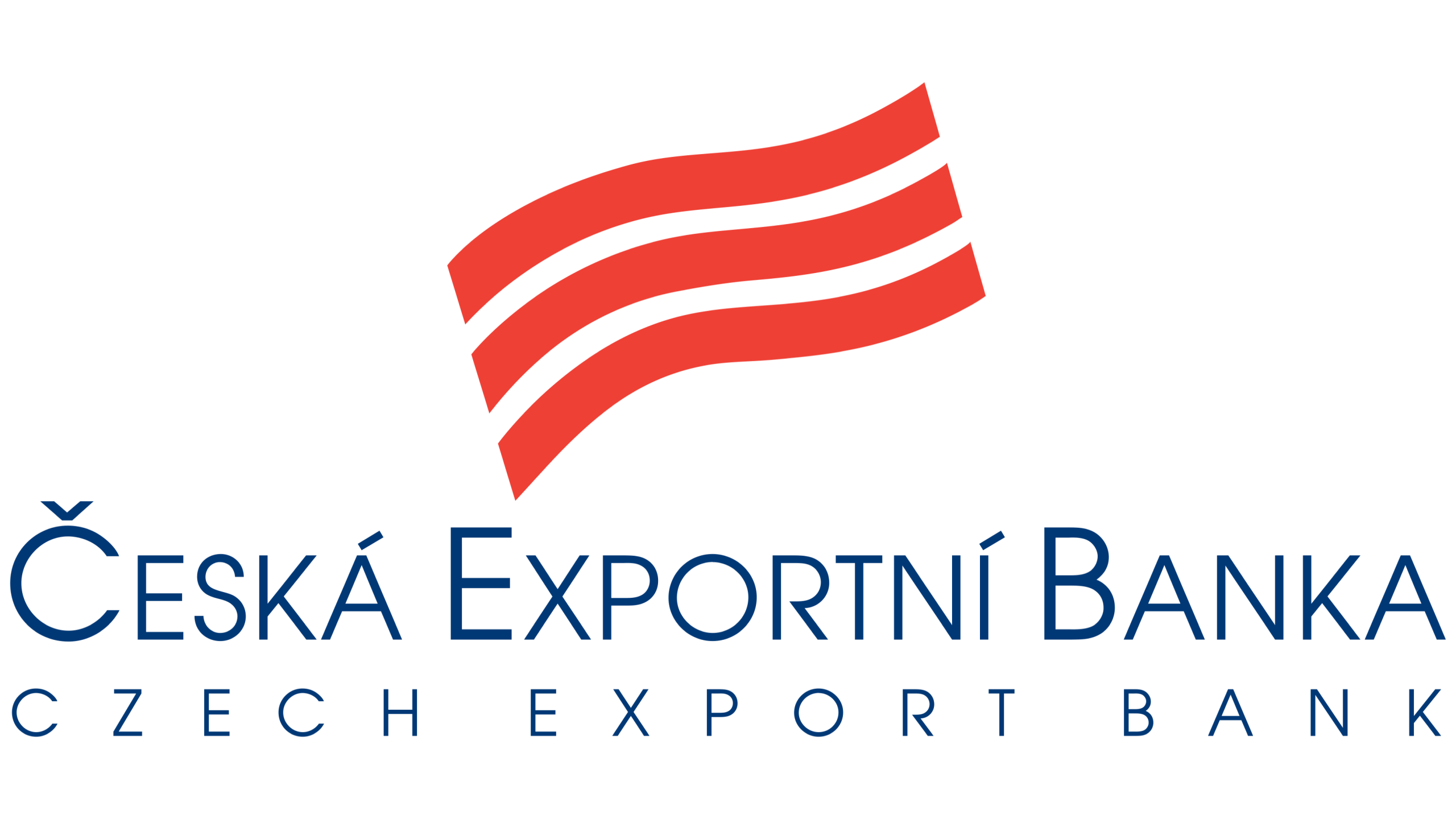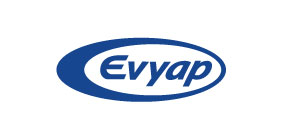Support in Anti-Dumping Investigations
Comprehensive legal assistance for foreign exporters, importers, and Ukrainian producers during anti-dumping investigations
What is an Anti-Dumping Investigation?
GOLAW’s team provides comprehensive legal support in anti-dumping investigations, ensuring effective protection of the interests of both foreign companies and Ukrainian producers.
An anti-dumping investigation is carried out by the Ministry of Economy of Ukraine to establish the facts of dumping and injury caused by imports of goods from other countries.
An anti-dumping investigation may concern you if you are, inter alia,
- a national producer suffering injury from dumped imports from another country – you may initiate an anti-dumping procedure to protect your interests; and
- a foreign manufacturer, exporter, or importer of such goods – you may defend your position and demonstrate the absence of dumping, injury, and/or a causal link between them.
An anti-dumping investigation may result in the imposition of an additional customs duty (anti-dumping duty), which, on the one hand, protects the domestic producer of the goods, and, on the other hand, reduces the profitability of business for producers, exporters and importers of the relevant goods.
The average applied rate of anti-dumping duty in Ukraine is 36.39%, and the maximum rate is 163%.
Anti-dumping duties are imposed for a period of 5 years with the possibility of extension. Some duties remain in force for more than 20 years.
Temporary anti-dumping measures may be imposed as early as 2 months after the start of the investigation, especially if the investigation involves only a domestic producer.
A step-by-step guide to participating in an anti-dumping investigation with the support of interested parties – foreign producers, exporters, importers, etc:
A step-by-step guide to participation in an anti-dumping investigation while supporting domestic producers - complainants:
Key lawyers
We are trusted
Frequently asked questions
Get in touch
To get a consultation, please fill out the form below or call us right away:Our expertise
-
- Energy and Natural Resources
- Antitrust and Competition
- Banking and Finance
- Compliance, Corporate Governance and Risk Management
- Corporate and M&A
- Criminal and White Collar Defence
- Defense in Anti-corruption procedures and regulations
- Digital Economy Practice
- Labor and Employment
- Natural Resources and Environment
- Government Relations (GR)
- Insolvency and Corporate Recovery
- Intellectual property
- International trade
- Legal support of business and private Сlients in Germany
- Litigation and dispute resolution
- Private clients
- Real Estate and Construction
- Restructuring, Claims and Recoveries
- Martial Law
- Tax and Customs
-
- Agribusiness
- Aviation
- Chemical industry
- Engineering, Construction and Building Materials
- Environment and Natural Resources
- Financial institutions
- IT and AI
- Industry and manufacturing
- Healthcare industries, Life sciences and Pharmaceuticals
- Media, Entertainment, Sports and Gambling
- Retail, FMCG and E-Commerce
- Transport and Logistics
Our expertise
-
- Energy and Natural Resources
- Antitrust and Competition
- Banking and Finance
- Compliance, Corporate Governance and Risk Management
- Corporate and M&A
- Criminal and White Collar Defence
- Defense in Anti-corruption procedures and regulations
- Digital Economy Practice
- Labor and Employment
- Natural Resources and Environment
- Government Relations (GR)
- Insolvency and Corporate Recovery
- Intellectual property
- International trade
- Legal support of business and private Сlients in Germany
- Litigation and dispute resolution
- Private clients
- Real Estate and Construction
- Restructuring, Claims and Recoveries
- Martial Law
- Tax and Customs
-
- Agribusiness
- Aviation
- Chemical industry
- Engineering, Construction and Building Materials
- Environment and Natural Resources
- Financial institutions
- IT and AI
- Industry and manufacturing
- Healthcare industries, Life sciences and Pharmaceuticals
- Media, Entertainment, Sports and Gambling
- Retail, FMCG and E-Commerce
- Transport and Logistics
We use cookies to improve performance of our website and your user experience.
Cookies policy
Cookies settings


